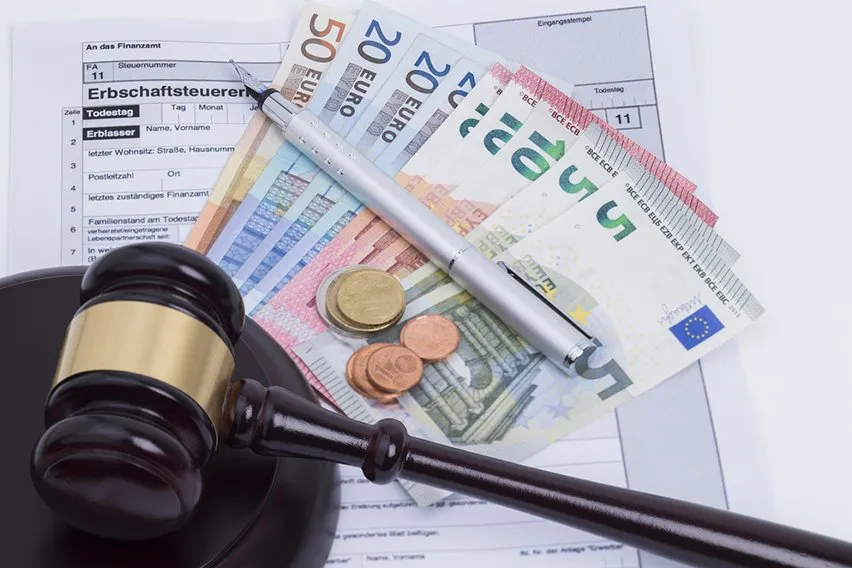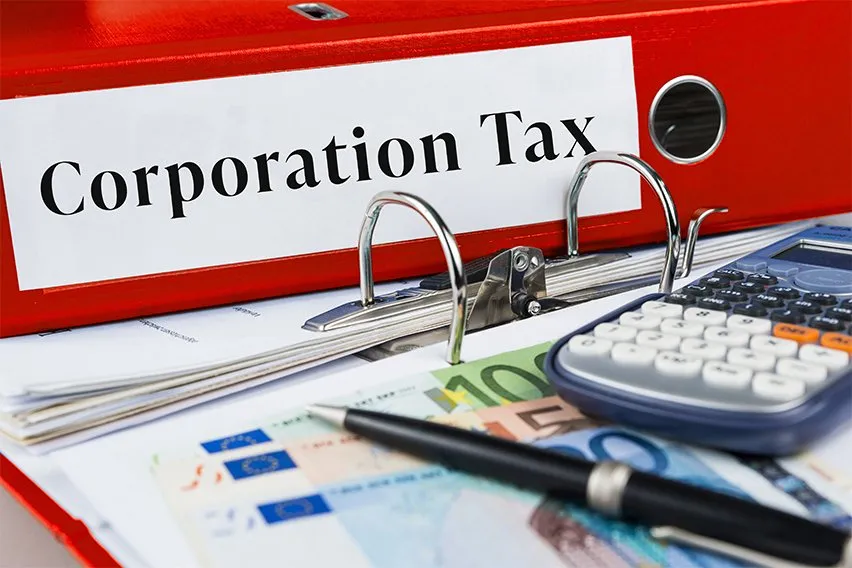Inheritance Tax Forms: An Extensive Guide

When you have just lost a loved one, you want to be able to take the time to grieve. The last thing you want is a pile of paperwork to fill out. But unfortunately, inheritance tax is a tangle of forms and red tape.
With a rise in the housing market, more people than ever are liable for inheritance taxes. This is shown by the fact that in 2020 the inheritance tax receipts amounted to around £5.4 billion.
But what exactly is inheritance tax and what tax forms should you use? We’ll guide you through all of this and more.
Here’s What We’ll Cover:
How Is Inheritance Tax Calculated?
What Is Inheritance Tax?
Inheritance tax is a tax on the estate of somebody who has passed away. The estate includes their property and all of their possessions. It isn’t the most common of taxes as only one in twenty UK estates is liable to pay inheritance tax.
Inheritance tax comes into effect when the value of the deceased’s estate exceeds the value of £325,000. It is payable at 40% on anything above this threshold. This is known as the nil-rate band.
However, any transfer between married couples or civil partnerships isn’t subject to inheritance tax. This means that the threshold rises to £650,000 for married couples.

How Is Inheritance Tax Calculated?
If your estate is valued at less than £325,000 then you won’t have to pay any taxes.
However, you’ll pay tax rates of 40% on the value of your estate above the nil rate band. So if your estate is worth £825,000, then you’ll be charged tax on £500,000, which is £825,000 minus £325,000.
That would mean that your estate would be subject to £200,000, or 40% of £500,000, in inheritance estate tax.
This changes if you are a widow or civil partner of the deceased person as the law allows couples to transfer unused nil-rate bands to the partner. This means that you can double the nil rate band to £650,000.
That would mean if your entire estate is worth £825,000 then you’ll only be charged tax on £175,000. This process is called a transferable nil rate band.
How To Value an Estate
Most people will hire a solicitor to value their estate. But if you have chosen to go through this process without help then you will need to figure out the value yourself.
To properly value your estate you must:
- List every asset and calculate what they’re worth on the dates of death
- Deduct all debts and liabilities
These assets will include:
- Investments
- Land
- Personal property
- Real property
- Real estate property
- Cash in the bank
- Shares
- Insurance payouts
- Jewellery
- Investments
The government website has a more comprehensive list.

What Forms Will Be Needed?
Whether you need to pay inheritance tax or not, you will need to complete some tax forms.
If you believe you fall below the threshold for paying tax, you will need to fill out an IHT205. You will need to complete this form to confirm:
- The estate’s value is below the £325,000 threshold or below the £650,000 threshold if it is your partner
- The estate isn’t an ‘expected estate’. This is where there is no tax liability because the estate is worth less than £1 million.
If you have been left an estate worth more than £325,000 then you will need to complete tax form IHT400. This must be filled out and sent back to HMRC with an extension period of one year from the time of death.
You will need an IHT reference number before sending off your IHT400. This can be gained from the government website or by completing form IHT422.
There are two further forms that may be of use. The IHT402 allows you to claim any unused IHT threshold from a deceased spouse or civil partner. Then there is form IHT435 which allows you to claim the residence nil rate band.
Key Takeaways
Only a small percentage of estates are large enough to bring about inheritance tax. So the chances are that it isn’t something you will need to worry about.
However, if your loved one’s estate does fall into this bracket and you’re struggling with the forms, then it may be best to contact a solicitor or a personal representative to handle the situation for you.
Are you looking for more business advice on everything from starting a new business to new business practices?
Then check out the FreshBooks Resource Hub.
RELATED ARTICLES

 How Is Corporation Tax Calculated
How Is Corporation Tax Calculated A Guide on How to Complete a Vat Return
A Guide on How to Complete a Vat Return What Is VAT Number & How to Find A Business VAT Number?
What Is VAT Number & How to Find A Business VAT Number? What Is Property Income Allowance? An Overview
What Is Property Income Allowance? An Overview 4 Benefits of Being VAT Registered
4 Benefits of Being VAT Registered What Is a VAT Receipt? What Proof Do You Need to Reclaim?
What Is a VAT Receipt? What Proof Do You Need to Reclaim?